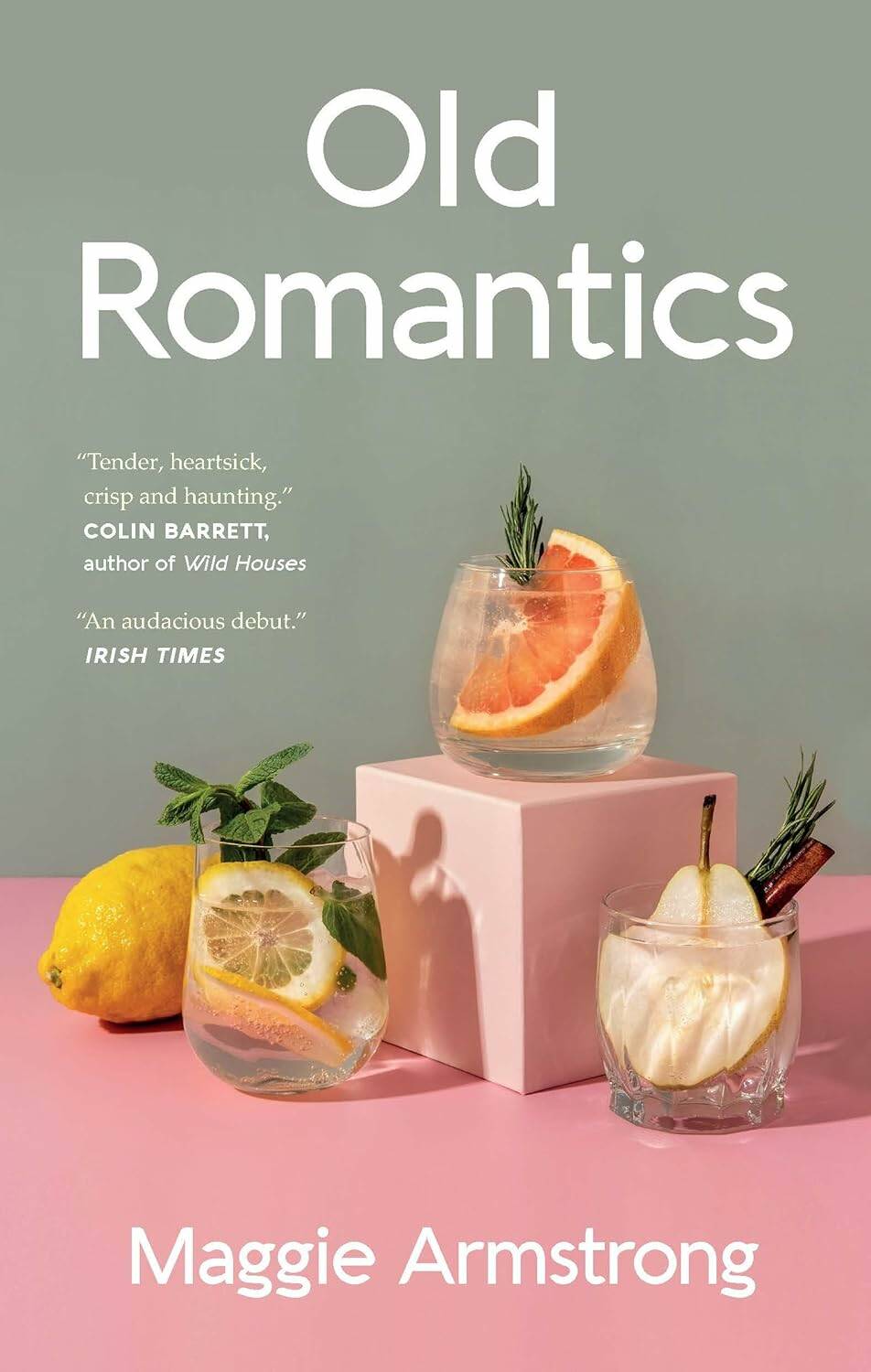Irish lass’ stories bring more jousting than joy
Advertisement
Read this article for free:
or
Already have an account? Log in here »
To continue reading, please subscribe:
Monthly Digital Subscription
$0 for the first 4 weeks*
- Enjoy unlimited reading on winnipegfreepress.com
- Read the E-Edition, our digital replica newspaper
- Access News Break, our award-winning app
- Play interactive puzzles
*No charge for 4 weeks then price increases to the regular rate of $19.00 plus GST every four weeks. Offer available to new and qualified returning subscribers only. Cancel any time.
Monthly Digital Subscription
$4.75/week*
- Enjoy unlimited reading on winnipegfreepress.com
- Read the E-Edition, our digital replica newspaper
- Access News Break, our award-winning app
- Play interactive puzzles
*Billed as $19 plus GST every four weeks. Cancel any time.
To continue reading, please subscribe:
Add Free Press access to your Brandon Sun subscription for only an additional
$1 for the first 4 weeks*
*Your next subscription payment will increase by $1.00 and you will be charged $16.99 plus GST for four weeks. After four weeks, your payment will increase to $23.99 plus GST every four weeks.
Read unlimited articles for free today:
or
Already have an account? Log in here »
Hey there, time traveller!
This article was published 05/04/2025 (261 days ago), so information in it may no longer be current.
MAGGIE Armstrong’s first book of linked short stories features a pastel display of various sliced fruit on the book’s cover — two sour and one sweet.
And that image turns out to be a clear indicator of the tone of the Irish author’s stories.
The title may be Old Romantics, but that’s an ironic phrase offered by a waiter in one unpleasant restaurant scene.

Old Romantics
We follow the 20-something Margaret (we can only hope this is not biographical) on a roller-coaster emotional tour into her mid 30s. Her choice of boyfriends seems at first adventurous, but turns out be risky, more chance than choice.
Now of course affairs of the heart can be more emotional than rational, but Margaret’s choices reinforce the old saying: familiarity breeds contempt. There’s more jousting than joy as she pinballs through life.
The tone is set in the first story, Number One, when she muses, “She wondered was this it. For a long time, she had treasured this uniqueness of hers, but the thing had gone rusty on her, and she guessed getting rid of it would be painful but forgettable, a quick job. After work, she went to the pharmacy” — this, Margaret’s view on virginity.
Most of the men she encounters are reminiscent of those found on the British TV soap opera Coronation Street — feckless, self-absorbed, skittish about commitment. Margaret’s commitment, meanwhile, often has a calculated tone to it: “I was never exactly physically attracted to Dan, though I remember him with an obstinate tenderness even now.”
Eventually she does find a man at the other end of the emotional scale, with an Italian upbringing and a strong attachment to his mother in Italy. But somehow marriage with Sergio is always out of reach as they settle into a First World War stalemate of attrition, each one digging lengthy trenches as barriers to any accommodation.
Armstrong offers fine, astute turns of phrase in her writing, disturbing though they may be. “The more times they met, the more he became who she wanted him to be. She’d been hit over the head, taken out, stolen by the fairies.”
Her description of Margaret’s pregnancy and delivery experience are enough to consider a life of celibacy: “I for one found the labour and birth a violent and miserable experience.” The good news is her son is the one bright spot in her life, along with her search for the perfect soft furnishings.
Margaret’s life is detailed in very specific details, but her connection to it is tenuous. “That morning I met Dan I started to imagine things, believing they were real,” Armstrong writes. “There was no threshold between the disparate realms, between the now and wished for, just a breezy opening into what was better, what was happiness, what was the very least you could expect from being born.”
The reader’s delight in the stories may range, then, from “you go, girl” to a censorious “it will all end in tears” depending on your age and experience.
Ron Robinson loves Dublin but found himself wagging his finger at Margaret.


